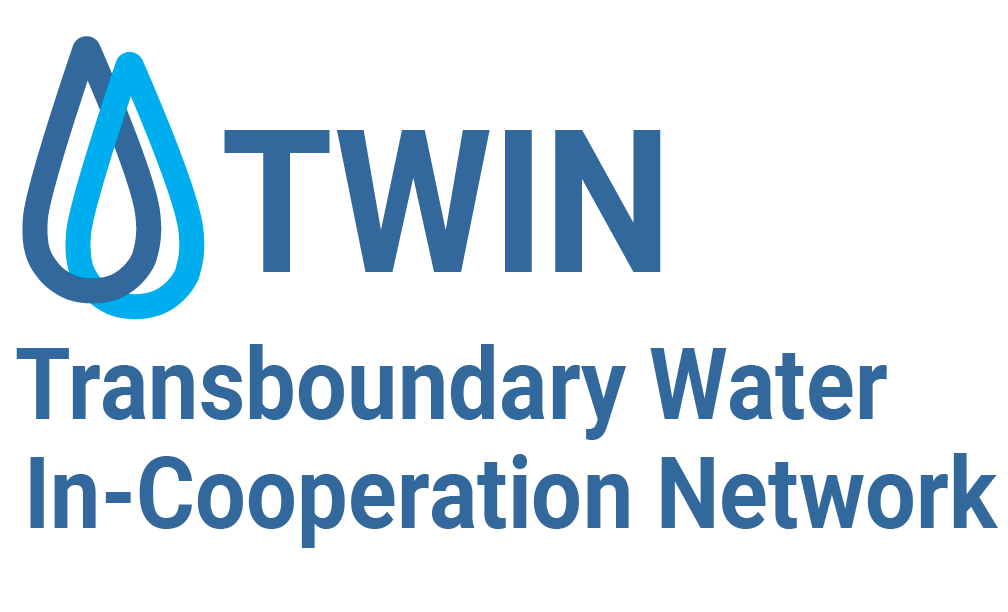Workshop: Advancing Public Service through Big Data and Artificial Intelligence
March 7th, 2019, 1 – 5pm
This workshop will include a panel of experts to discuss the opportunities and challenges posed by rapidly spreading digital revolution, internet of things, drones and ubiquitous computing. While these new disruptive technologies have led to the widespread diffusion of big data, service delivery, machine learning and AI technologies in the private sector, the public sector agencies are lagging far behind in both regulating the adverse impacts of AI (e.g. strategic spread of fake news and rumors in elections through advertising campaigns in social media) as well as harnessing AI technologies for addressing persistent public sector issues (e.g. social equity, infrastructure resilience, sustainable development, and government accountability).
Read More
Webinar 15 February 2019 – 1 March 2019: Developing Compliance Models for Off Grid Wastewater Treatment and Reuse Systems
Please join us for our first ever Compliance Conversation on the topic of Compliance Models for Off Grid Wastewater Treatment and Reuse Systems. The first session, during which our presenter, Clive Lipchin, will introduce the topic, will take place on February 15th at 9:30 a.m. EST.The follow-up conversation, which will engage experts and participants to discuss concrete approaches to address the challenge, will occur on Friday, March 1stat the same time.
Read More
Future Earth Blog: Water-Migration Nexus and the Human Displacement Discourse by Nidhi Nagabhatla
In FUTURE EARTH’s tenth and final water-energy-food nexus blog, Nidhi Nagabhatla discusses the complex relationship between the WEF nexus and human migration – and its importance in relation to policy and decision making, in both the region of origin and destination.
Read More
Video of UNFCCC COP24 side event on Food, Energy and Water Security Early Warning Systems
The Institute for Environmental Diplomacy and Security organized a side event at the UNFCCC COP 24 in Katowice, Poland on implementing Food-Energy-Water (FEW) Security and implementing early warning systems (EWS) for adaptation to climate change.
Read More
LETTER FROM AMERICA: Breakthrough in Canada
“The impression is of a one way street where Israelis and Palestinians only receive and have nothing to offer…
…One of the distinguishing features of Wadi as-Samen/Al-Khalil/Hebron/Besor River is that because it traverses political boundaries, Palestinians and Israelis are both upstream and downstream stakeholders. The river begins in the Palestinian territory of the West Bank, enters Israel north of Beersheva, returns to the Palestinian territory of Gaza and then out to the Mediterranean Sea. Similarly, one of the major tributaries of the Kabul River starts in Pakistan as the Chitral River, enters Afghanistan and changes its name to Kunar River, merges with the main tributary of Kabul River, re-enters Pakistan and merges with the Swat and Indus rivers, eventually exiting into the Arabian Sea…
Read More


